Apr 15, 2022
Earth Day: Meet the Pioneers Behind the 1st Phthalate-Free Faux Leather
With Earth Day approaching this Friday, April 22nd, and National Textiles Day on May 3rd, we wanted to share relevant insights on how Nassimi – leading-edge performance textile manufacturer, pioneer of the industry’s 1st phthalate-free faux leather, and innovator of the revolutionary stain-resistant, sustainable Supreen™ – is tackling sustainability.
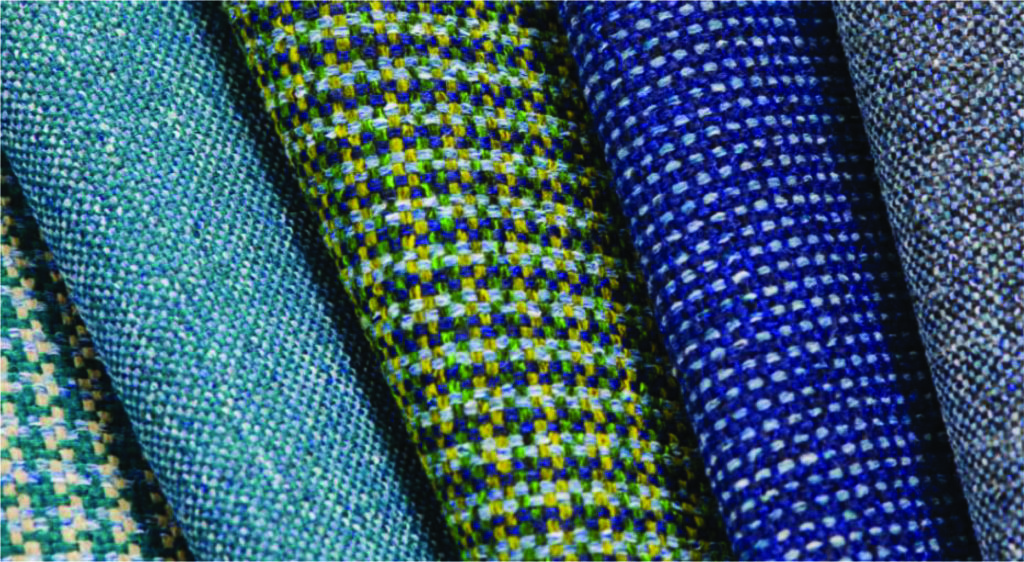
Below we’ve included some guiding principles from Executive Vice President Iwan Nassimi on leading with sustainability and innovation in mind. For more information, access the press kit here (Psst…it includes a sneak peek of new Supreen™ patterns debuting at HD Expo)
All the best,
Sarah + Abby
Iwan Nassimi on Tackling Sustainability
1. Believe in better. The first stop on the road to sustainability is to act out of conviction. “That’s too difficult” or “That’s not the way it’s done” are easy answers that are often heard and are all too easy to accept. After hearing these repeatedly, it’s not uncommon to fall into the trap of the status quo. It’s important to keep looking for ways to improve, and to keep asking the questions. In each instance that we made significant production changes to make our products more sustainable, the instinctual response from our supply partners
was that what we were aiming to achieve was not possible. We consistently challenged our partners and eventually achieved the results we were looking for. Before getting to the practical elements of sustainability, you first have to understand why it’s important and have a dedication to the practice.
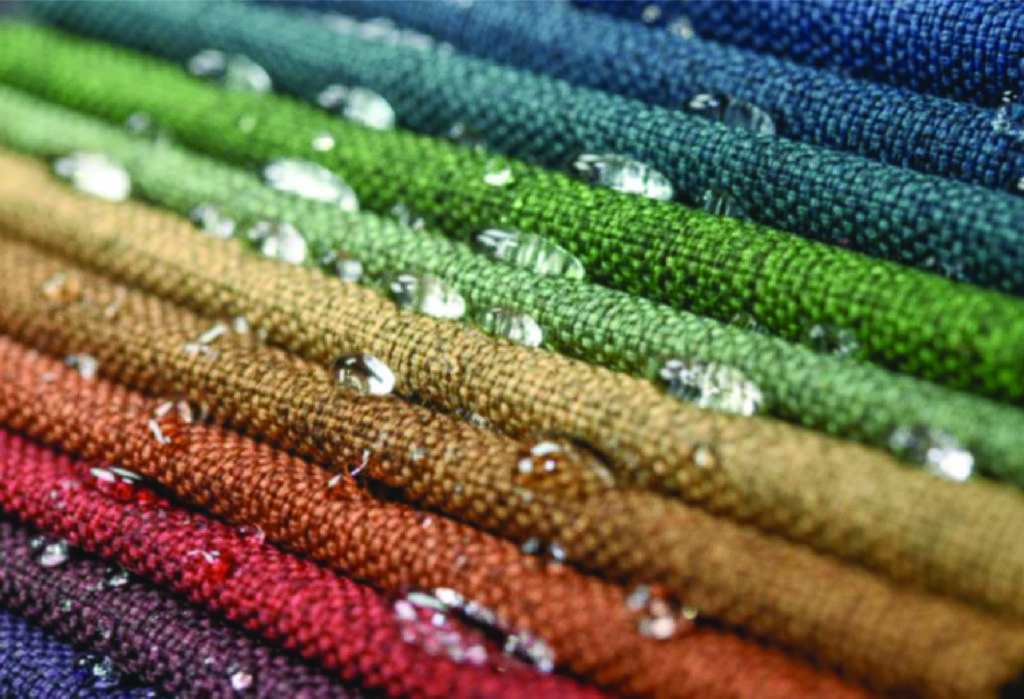
2. Focus on key areas. As part of our mission, we aim to provide better products, in every sense of the word. That includes better design, better performance, and of equal importance, better environmental properties. To achieve this, we focus on the following key areas
- Product make-up. We are continuously looking for ways to reduce the environmental impact of our products,without sacrificing the performance. We were the first company in our industry to reduce harmful phthalates fromour faux leathers, long before there were any regulatory requirements to do so. Our entire product line is free offlame-retardant chemicals (which were the industry norm for a long time) and free of biocides (antibacterial &antimicrobial chemicals). Our most recent introduction, Supreen™ Liquid Barrier Fabrics, offers exceptional stain resistance without the use of harmful PFAS.
- Production Improvements. We work closely with our production partners to improve the way our products are made. We have been able to reduce the amount of water used in production by installing water reclamation and recycling facilities. In on of our manufacturing sties, we have introduced a unique air flow system to eliminate the need for heating or cooling, as well as light panels in the roof, which reduce electricity usage for lighting by over 80%. We have pioneered new ways to produce faux leathers, without the use of harmful solvents.
- Transparency. Just like we hold ourselves and our production partners to a high standard, we invite our customers to hold us to an even higher standard. We have established benchmark data in the areas of energy consumption, water consumption, and chemicals of high concern, and we share this information freely with our customers (via HPDs as well as independent third-party verification companies such as Toxnot).
- Durability. It is our belief that environmental stewardship begins with less and more mindful consumption. In order to facilitate that, we aim to provide well-designed and well-produced products that stand the test of time from both an aesthetic and durability standpoint.
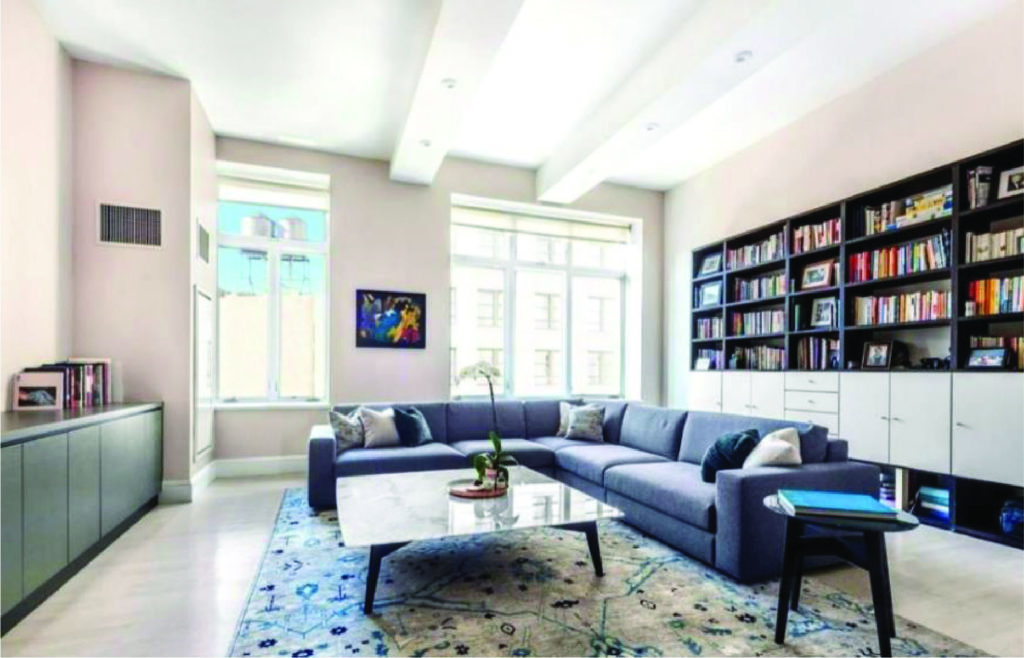
3. Understand profitability. Our primary motivation for being environmentally responsible has never been increased profitability. We believe in simply doing what’s right, in addition to inspiring others to be thoughtful about their businesses. That said, we have recognized that there is a yearning for honest environmental stewardship. People respect and gravitate to companies that act responsibly. Making products in a more sustainable way is not necessarily more expensive, but does require effort and attention to detail.
In one recent instance, a large furniture manufacturer had requested their fabric supplier to analyze the make-up of their products and reformulate them to remove chemicals of concern. When that supplier failed to respond, the furniture company approached us instead, requesting the creation of a more sustainable upholstery fabric, without sacrificing the material’s performance. The furniture company trusted that we would be able to do so, because we had demonstrated a history of (self-motivated) product improvements. This is just one instance in which our philosophy of sustainability has helped us gain increased business and profitability.
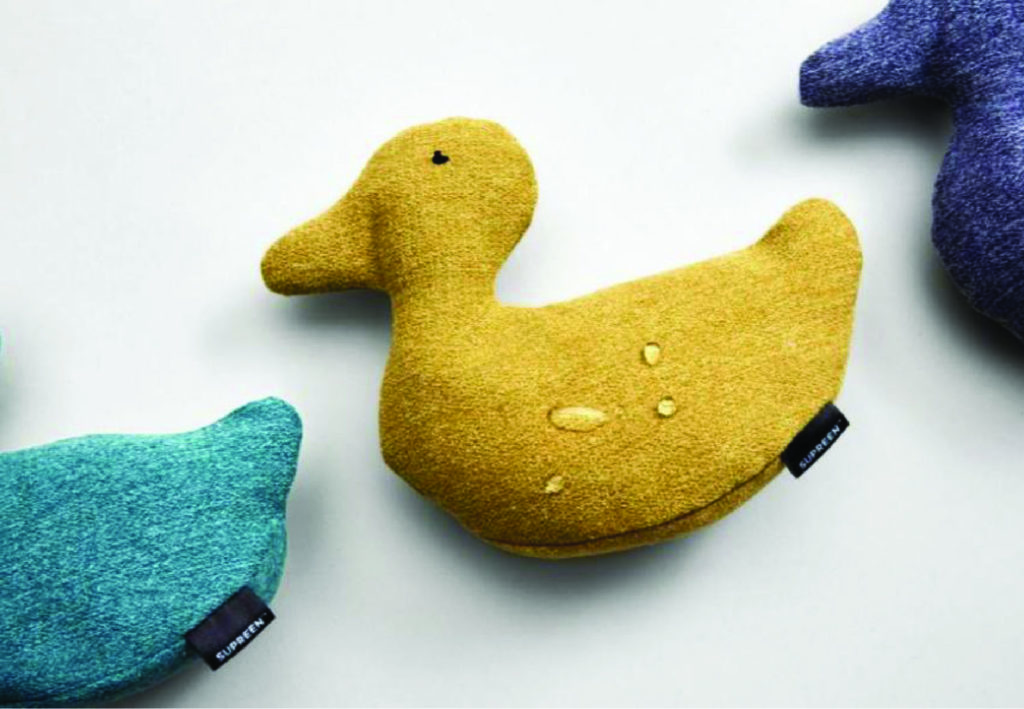
4. Do what you can. With ‘youthful ambition,’ it is easy to want to do it all – in a perfect world, we would all adopt 100% sustainable practices. Unfortunately, every company is not going to be able to practically do so on a short timeline. What’s important is that every company strives to fight apathy and eventually reach this goal. On the flip side, an overly idealistic perspective can be counter-productive. If there is an expectation of meeting this goal on an unrealistically short timeline, burnout and abandonment of the cause is likely.
The road to sustainability is a steady pace, not a race. Don’t be afraid to take risks, be receptive to feedback, and challenge yourself and others in the industry. But also, be aware of the fact that taking on unrealistic goals may do more harm than good.
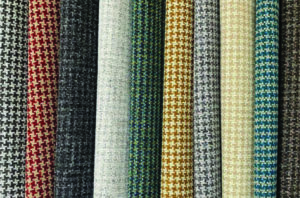
5. Understand the impact. We strive to be sustainable out of conviction. But if our choices and actions would inspire others to do the same, we would be grateful. Just as our reduction of harmful phthalates from our faux leathers preceded regulatory requirements in the industry, there is often a ripple effect of inspiration even from small action steps. I would love to see more suppliers in the textile, furniture and interior design industries take the initiative to improve their products. But of equal importance, I would love to see more consumers demanding better made, more sustainable products. Don’t underestimate your voice as a consumer or your ability as a company to take action – both are catalysts for change!
